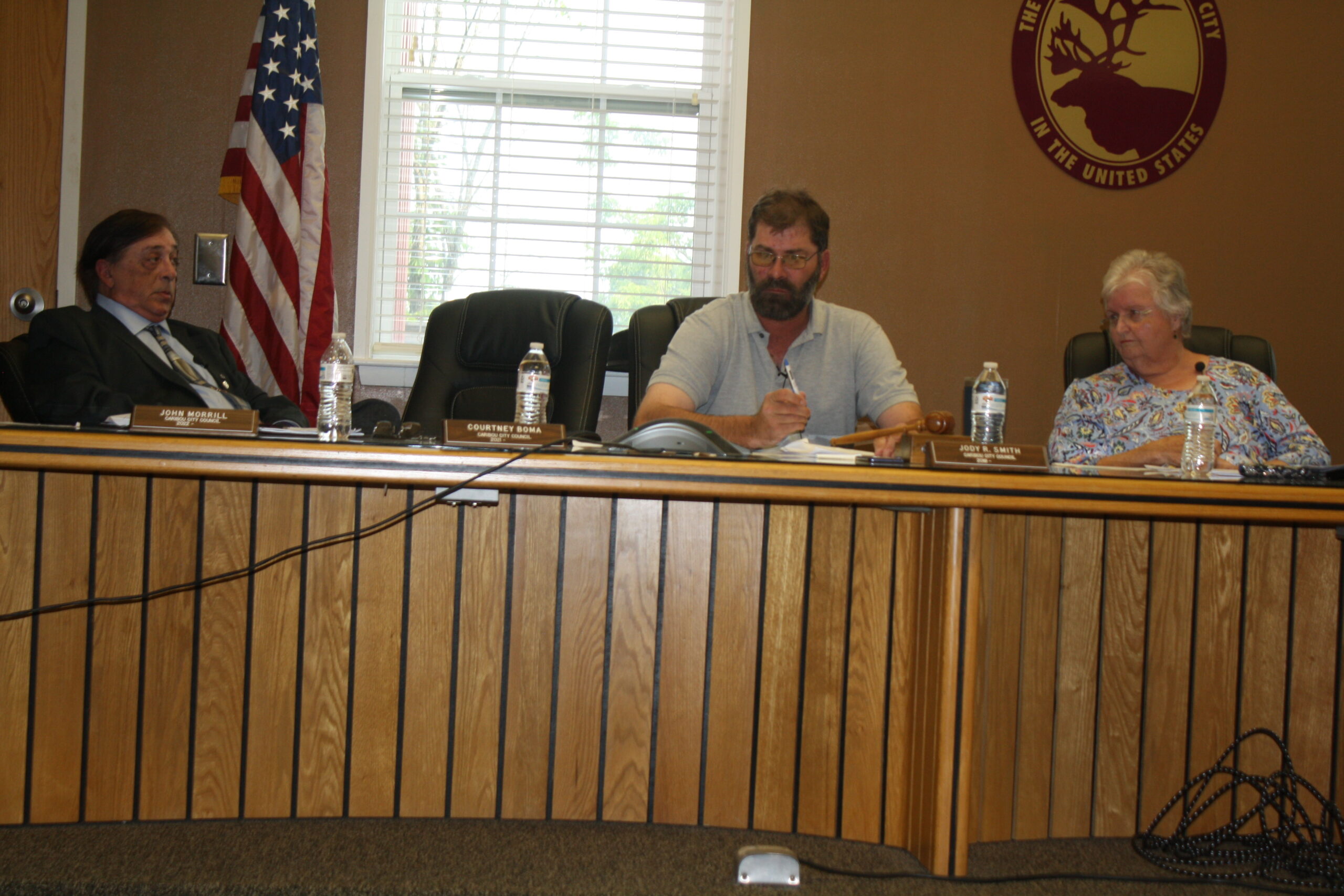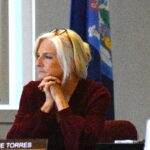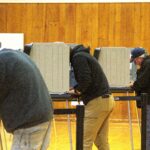
CARIBOU, Maine — Caribou councilors will once again vote on the city’s mill rate.
The city council originally passed a mill rate of $18.55 per $1,000 of property value earlier this month, the lowest rate in more than a decade. The council had previously delayed the initial mill rate vote in order for an updated real estate value assessment to be completed.
While uploading tax commitment information, City Manager Penny Thompson realized that the software, TRIO, was not accounting for a 76 percent Homestead Exemption reimbursement instead of 73 percent.
Based on calculations in another correct software, the city’s mill rate should actually be 20 mills, Thompson said on Monday.
Caribou had previously held the rate steady at 23.55 for three years since 2020.
Councilors rescinded their previous mill rate vote during Monday’s meeting.
Councilor Mark Goughan proposed that they allocate $188,540 from the property tax relief fund to lower the rate by at least half a mill to 19.55. The council unanimously voted in favor of that suggestion.
In January, the council had placed $505,415 in state revenue-sharing funds into a taxpayer relief fund after receiving more than expected.
City Mayor Jody Smith set a special council meeting for Monday, Aug. 14 to give Thompson time to calculate the new proposed mill rate.
Councilor Dan Bagley suggested the councilors review the city’s $10.5 million expense budget to see what potential cuts might bring down the mill rate even more.
“I went through all the items. If we cut 15 percent [of the budget], we could save $334,000,” Bagley said. He did not specify which departments he thinks could handle more cuts.
The tax software errors also led to inaccurate figures on taxable real estate, projected property tax revenue and tax exemptions, Thompson said. Caribou actually has $454,263,599 in taxable real estate instead of the $514,624,700 reported at the July 10 council meeting. That compares with $343,685,799 in 2022.
Thompson now projects the city to receive $3,776,866 in property tax revenue instead of $4,206,602. The new total is slightly higher than the $3,613,806 the city received in property taxes last year.
Caribou homes qualify for $61,679,260 in state Homestead exemptions, with the city projected to have $937,524 returned through reimbursements. Last year, Homestead exemptions totaled $48,056,650, with the city receiving $826,165 in reimbursements.
Business Equipment Tax Exemptions will total $36,451,800 compared to $13,995,200 in 2022. The city expects to get back $402,209 in reimbursements compared to $176,567 last year.
Thompson attributed the higher BETE values to two solar array projects that were not online last year. Next year those projects will be exempt under Maine’s Renewable Energy Exemption program instead of BETE. The Renewable Energy program provides exemptions for solar panels and related equipment.
In other business, councilors agreed to recess dangerous building public hearings originally set for Monday. The council would have voted on 7 Water St. and 24 Park St.
After the apartment building at 7 Water St. burned in a fatal January fire, the hole where it once stood has remained untouched. Owners Brian and Sharon Bickford of Lewiston owe two years of back taxes and filed for bankruptcy in the spring. An initial vote in June declared the property dangerous, but councilors still needed to hold a second hearing before they could officially demand that the Bickfords spearhead a clean-up.
On Monday afternoon, Thompson received a message from the Bickfords’ attorney, Chris Leger, wondering if the city would accept a deed for real estate in lieu of clean-up costs.
Councilor John Morrill motioned to declare the property dangerous anyway so the city could move forward with a clean-up process. That motion failed with a 5-to-2 vote. Councilors will instead review the information from Leger before discussing the matter again at their next meeting.
The council also received updates from Alan Harding, the Presque Isle attorney now representing Laurie Mueller, now known as Laurie Lavangie, the owner of 24 Park St.
The home there has been vacant since the death of homeowner Jeffrey Mueller in 2012. He had lived there with his wife, Laurie Mueller. The city had sent the Muellers a violation notice in 2010 for allegedly leaving their basement door open and not mowing their lawn.
In 2014, the city sent another notice to Lavangie, for allegedly letting weeds and brush grow longer than 10 inches, which could attract wild animals. After concluding that the home’s foundation could easily collapse, the city sent a final notice to Lavangie in 2019.
Though the home was supposed to be foreclosed in 2020, the procedure was never finalized. That means Lavangie owns the home but with no mortgage.
Harding requested that the city council recess its public hearing. He and Big Bear Reality are looking into selling the property. Harding also is seeking a contractor to demolish the building, he said. The council voted 4-to-3 to recess the hearing.
After a more controversial debate, the council voted 4-to-3 to put a proposed city charter amendment on the November election ballot.
Last year, voters approved allowing capital improvements projects of $500,000 or more to move forward if all votes cast exceed 65 percent of the city’s registered voters. If passed this November, the city’s charter would get rid of the 65-percent requirement. That means capital projects would pass with a simple majority vote.
Several councilors argued that many voters were confused by the language regarding 65 percent of registered voters. They also were concerned that the 65-percent threshold would be near impossible to reach.
“We don’t ever get 65 percent of registered voters. That has probably happened only twice,” said Councilor Lou Willey. “If we couldn’t get 65 percent of voters, any city [capital] project would be dead in the water.”
Others were concerned that trying to override voters’ previous decision would send a negative message. Resident Doug Morrell argued that the 65-percent threshold is necessary to empower voters and keep the city from overspending on capital projects.
Bagley suggested lowering the threshold to 45 percent of registered voters for the passing of capital projects, but councilors rejected that for the motion. Instead, the proposed amendment will merely eliminate the 65-percent threshold.
The next regular Caribou City Council meeting will be held at 6 p.m. Monday, Aug. 28, at the Caribou Municipal Building, 25 High St.
A special meeting to establish the city’s mill rate will be held at 6 p.m. Monday, Aug. 14, at the municipal building.







